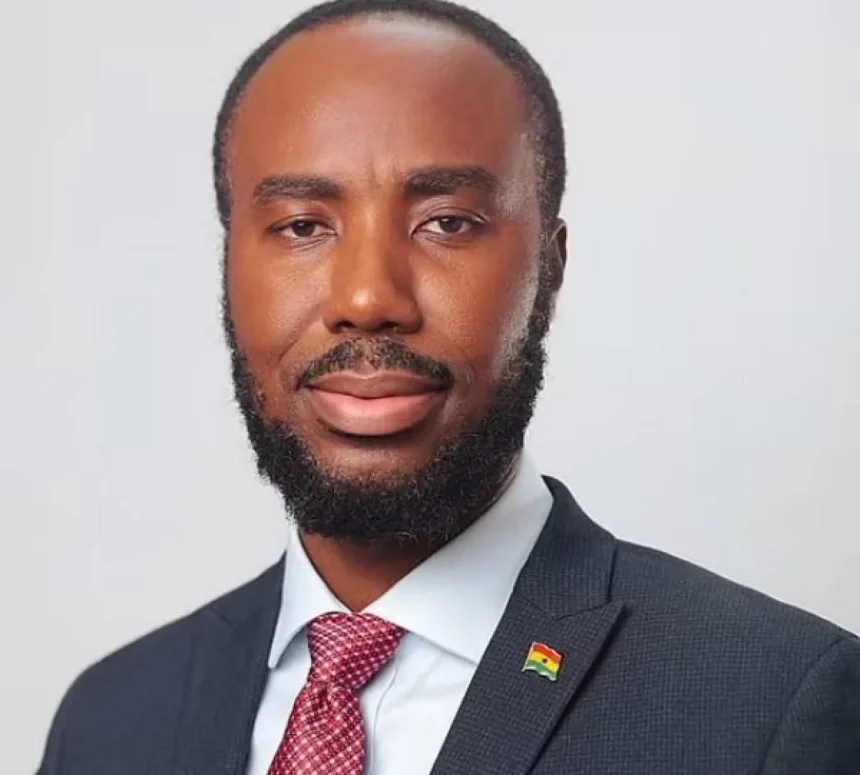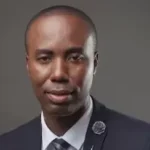Every expenditure or decision taken by Kwabena Adu Boahene when he was in office will be accounted for, Samuel Atta Akyea, lawyer for the embattled Ex-Signals Bureau Chief, has said.
Mr Atta Akyea stated that these are national security expenditures and in due time they will be accounted for.
Asked whether his client will be able to account for the 39 million Cedis that the Attorney-General is alleging was transferred into private accounts for private purposes, before the court during an interview with TV3’s Beatrice Adu, Mr Atta Akyea said “I could tell you that everything can be accounted for to the shock of most Ghanaians, but you know what, these are national security expenditures, and in good time we will see how it will be accounted for.”
He further posed a rhetorical question that “Who is this national security capo who will say, ‘I want to steal money, but the money I will steal it from a bank’?”
Atta Akyea further said he has spoken to former Minister of National Security, Albert Kan-Dapaah, on the charges against Adu Boahene.
Atta Akyea described Kan-Dapaah as a critical individual in this matter because Adu Boahene worked under him.
“I have,” Atta Akyea said when asked whether he spoke to Kan-Dapaph.“[Kan-Dapaah] is a very critical individual in the matter; he has explained to me why my client did what he did,” he added.
Asked again whether what Mr Kan-Dapaah told him about Adu Boahene was justifiable, he answered that ” Why not justifiable?”
On the substantive matter, the Accra High Court set October 17 to rule on an application to halt the criminal trial of Mr Adu Boahene and 3 others.
The lawyers moved the application to stay proceedings pending the determination of the appeal of the High Court’s decision.
The court presided over by Justice Eugene Nyadu Nyantei earlier dismissed an application by Adu Boahene’s lawyers for further disclosures of documents citing irrelevance and non-possession of the requested documents by the prosecution.
They then proceeded to appeal the High Court’s decision, alleging that the trial judge blocked access to relevant documents which would be key to their evidence.
During a virtual hearing on Wednesday, September 10, Samuel Atta Akyea argued that failure of the prosecution to provide disclosures was damaging his clients and by extension their case in its entirety.
But Deputy Attorney-General, Dr Justice Srem Sai leading the prosecution, opposed the motion to halt the trial arguing that the accused’s lawyer had presented no exceptional circumstances for the case to be suspended pending the decision on the appeal.
“The accused persons made a demand on the AG to supply them with certain materials which they believe is exculpatory. It became apparent from the hearing of the motion that the materials are neither relevant nor in possession and indeed, the court found from the analyses of the various disclosures including the police investigation, cautions and various charge statements of the accused persons that the requested materials couldn’t have come into the possession of the investigators or the prosecutors.
“Based on this, the court dismissed the request. It is against this dismissal that the accused persons filed an appeal and subsequently this instant application for stay of proceedings pending the determination of that appeal,” Dr Srem Sai argued.
“The question today isn’t whether the appeal has merit, nonetheless the authority seems to suggest that the quality of the appeal may influence the decision whether to stay proceedings. In this request we contend that the appeal stands no chance of success.
“This is based on the thorough and compelling reasoning which forms the basis of my lord’s ruling, which is the subject matter of the appeal,” the Deputy Attorney-General added.
After listening to their arguments ,presiding judge Eugene Nyadu Nyantei adjourned the hearing to October 17 to rule on the application to stay proceedings.
Kwabena Adu Boahene, his spouse, Angela Adjei Boateng, and two others are facing 11 charges, including stealing, money laundering of GH¢49.1 million in state funds, willfully causing financial loss to the state, and abuse of public office.




